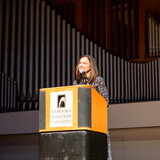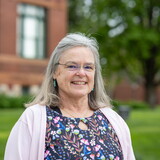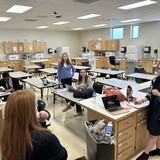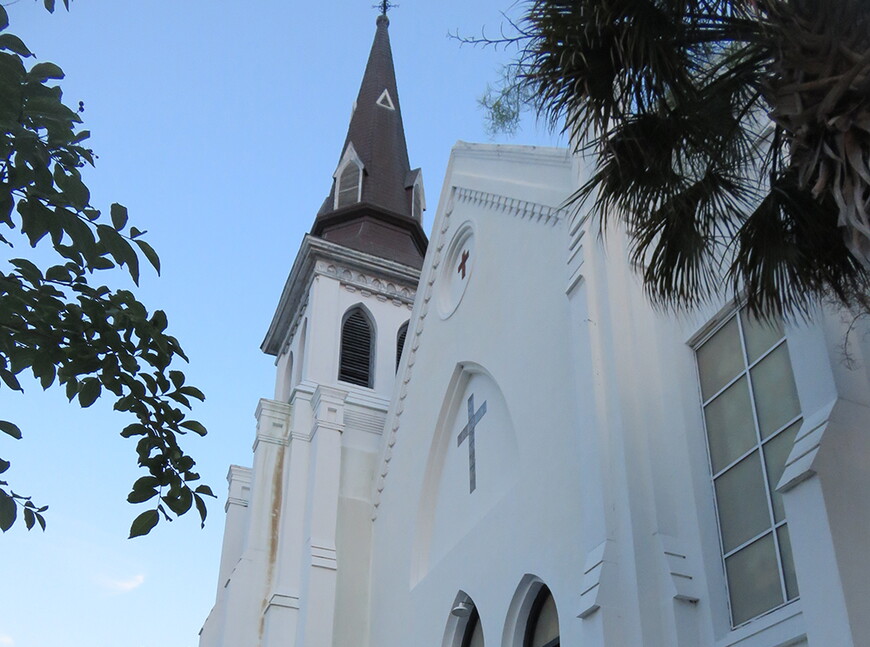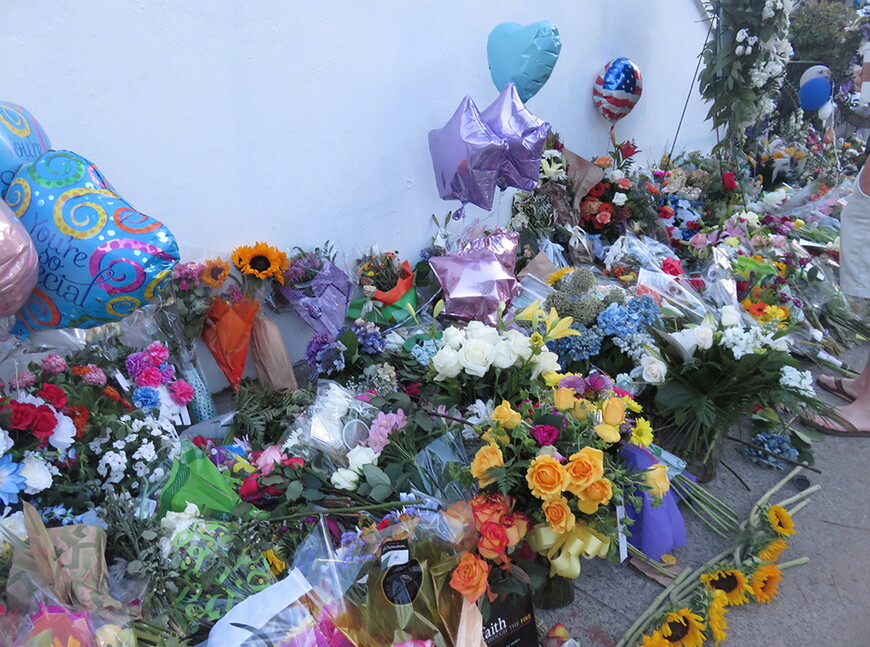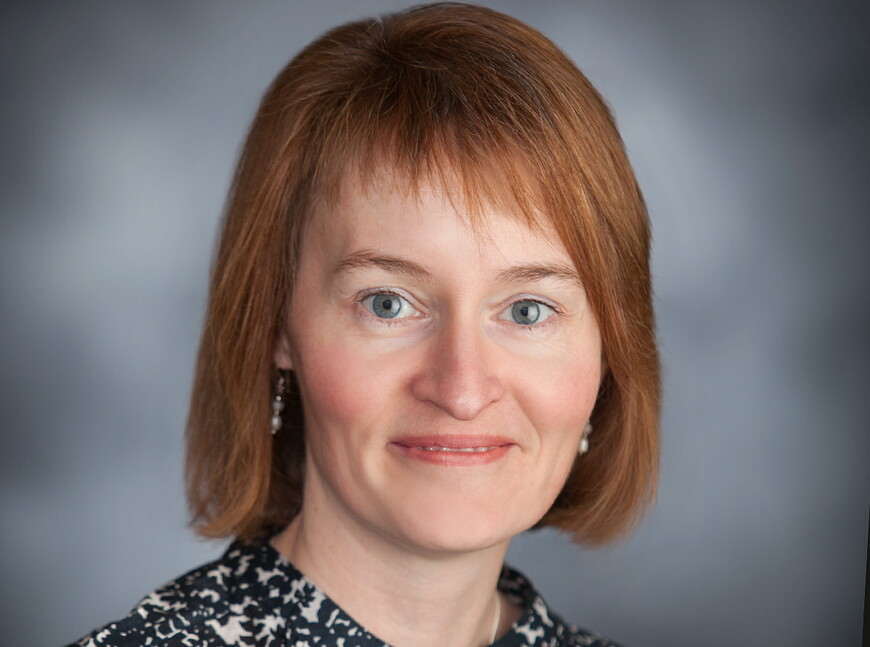On Wednesday, June 17, six Nebraska Wesleyan University faculty, administrators and staff were in Charleston, S.C. — the same day as the tragic Emanuel AME Church shooting, which claimed nine lives.
This group from Nebraska Wesleyan University was staying in a hotel, located directly across the street from the church. The group was accompanying NWU students who were in Charleston to participate in a pitch event, which was the final piece for their work on the Network Globally, Act Locally Program. The students were not at the same hotel during their stay.
Meghan Winchell, associate professor of history, was among the group. She offers her reflection.
***
We arrived at the Courtyard Marriott in Charleston’s Historic District on Wednesday. Across the street sits the Emanuel A.M.E. Church, which I teach about in my African American history class. We left the hotel for dinner and returned around 8:45 p.m. About 30 minutes later we learned about the shooting that had just taken place across the street.
By the next morning police had covered the hotel porch in yellow tape and closed the street to traffic. I spent the day touring slave cabins on two antebellum plantations and then returned to the hotel on Calhoun Street. On Thursday and Friday evening hundreds of people filed in front of the church leaving flowers and mementoes to honor to the victims. We listened from the hotel as people sang gospel and civil rights songs like “Amazing Grace” and “We Shall Overcome.”
Before leaving Charleston on Saturday around 6 a.m., I walked past the church to pay my respects. I took some photos to use in my classes. The scene felt peaceful and somber.
Over the course of a few days I watched residents of Charleston come together to mourn nine of their best. As a history professor perhaps I should have felt fortunate to watch history unfold. Instead, the experience left me with nothing but deep sadness and anger.










